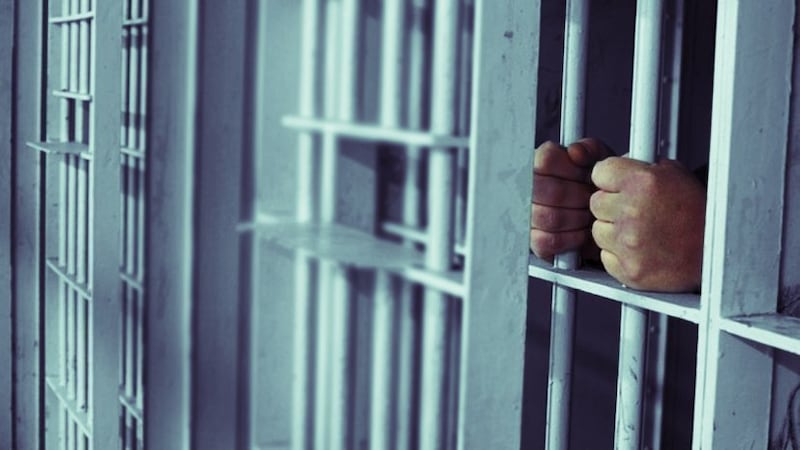Despite a government strategy to decrease the proportion of Māori in the nation’s prisons, the numbers are going in the wrong direction, according to statistics from Corrections.
The latest numbers reveal 53.4 percent of all prisoners today are Māori, up from 51.9% when the government’s Hokai Rangi strategy was launched in 2019.
The aim of Hokai Rangi was to reduce the proportion of Māori in prison over 15 years, to that of the general population of which Māori make up 17.9 percent, or less.
Corrections Minister Kelvin Davis dismissed claims the policy was a failure in a statement to teaomaori.news saying the number of Māori prisoners has declined significantly over the past three years, even if the numbers proportionate to the population hadn't gone the way he might have liked.
"Since I became minister there are now 1200 fewer Māori in prison. During that time the rate of imprisonment for Māori has also dropped by 29%."
"If that is failure, then so be it," Davis said.
Davis conceded the number of Māori in prison was not where the government had expected given its reforms.
“While the prison population is at its lowest in 17 years, the proportion of Māori is still too high.”
“There is no simple solution for any of this. It will require all aspects of the justice system to work in a different way and I’m confident this government is providing the path for this to happen.”

Corrections Minister Kelvin Davis is defending the government's Hokai Rangi Māori prisoner reduction strategy, but concedes the proportion of Māori in prison is 'still too high'. / NZME
Davis reaffirmed the government’s commitment to the Hokai Rangi programme in spite of the numbers.
“Strategies like Māori Pathways are setting the foundation for long-term change and will see prisoners enter a form of rehabilitation that connects them to their whakapapa and whānau from day one,” he said.
“Hōkai Rangi is a five-year strategy that is part of a wider justice approach to reverse generations of inequity for Māori in the system.”

